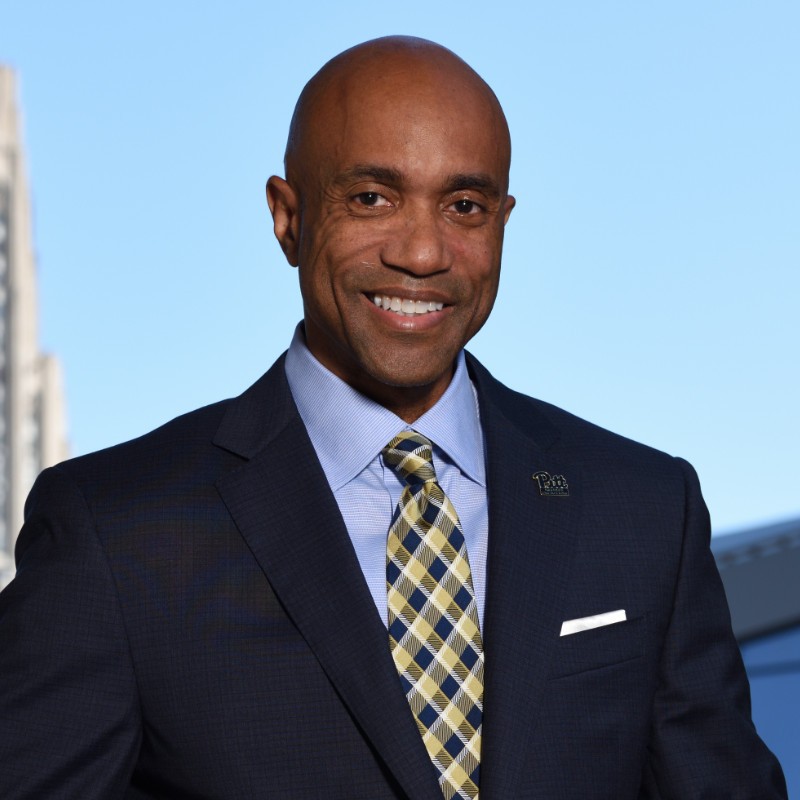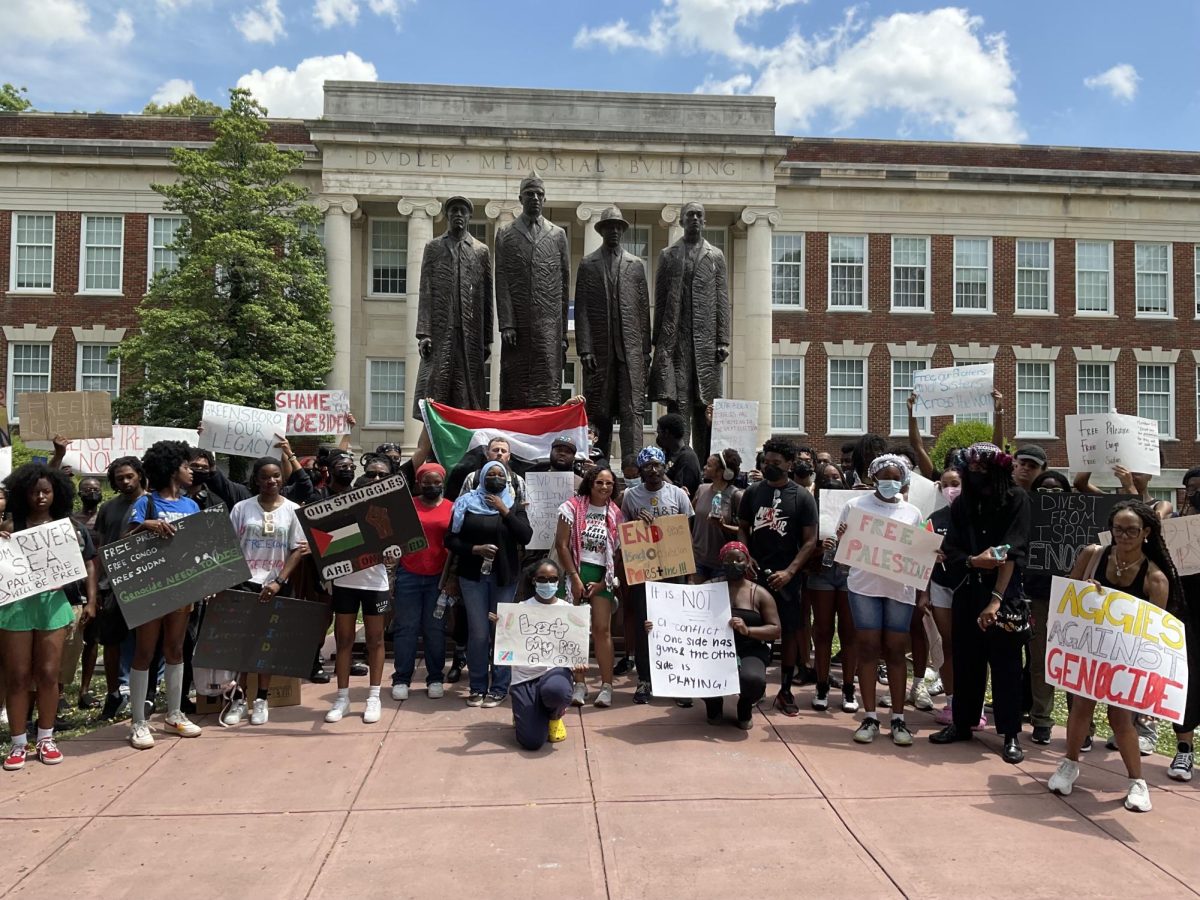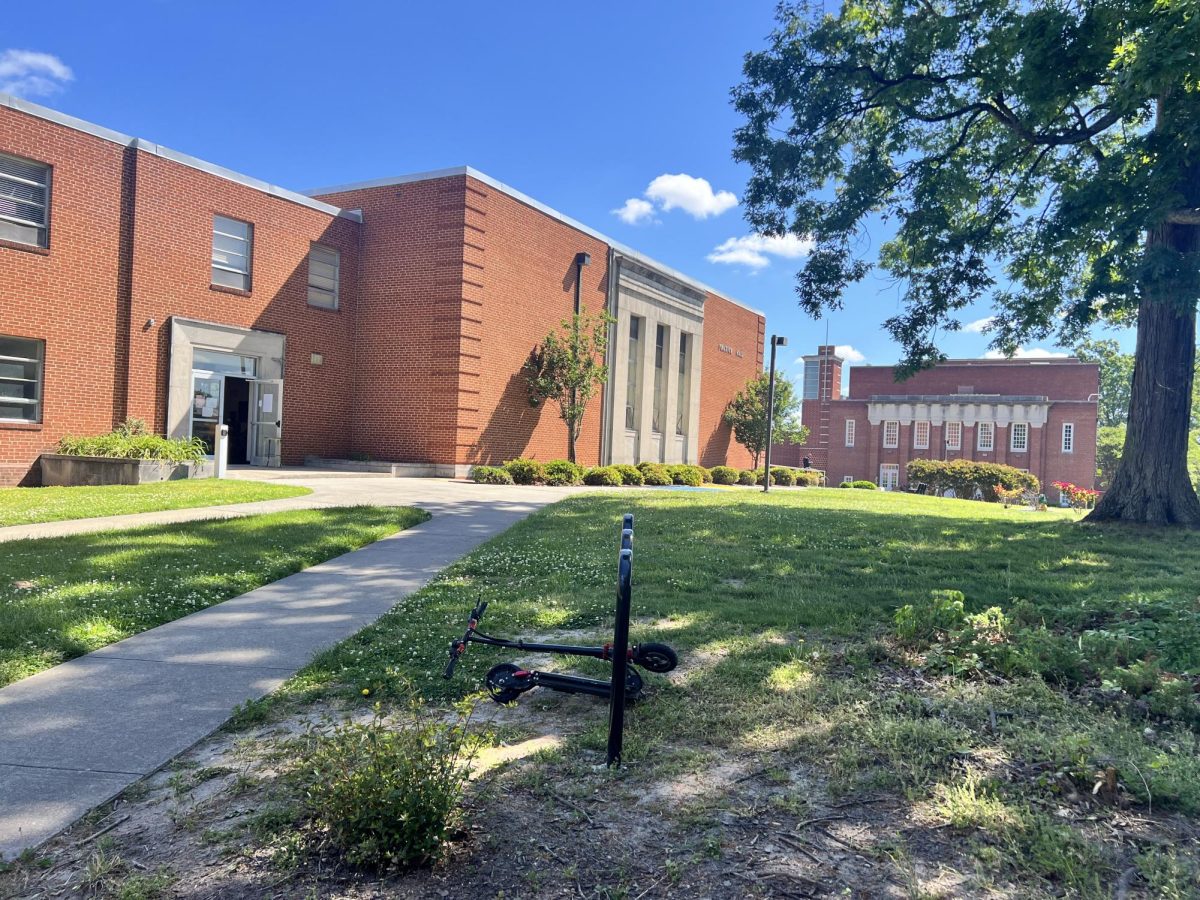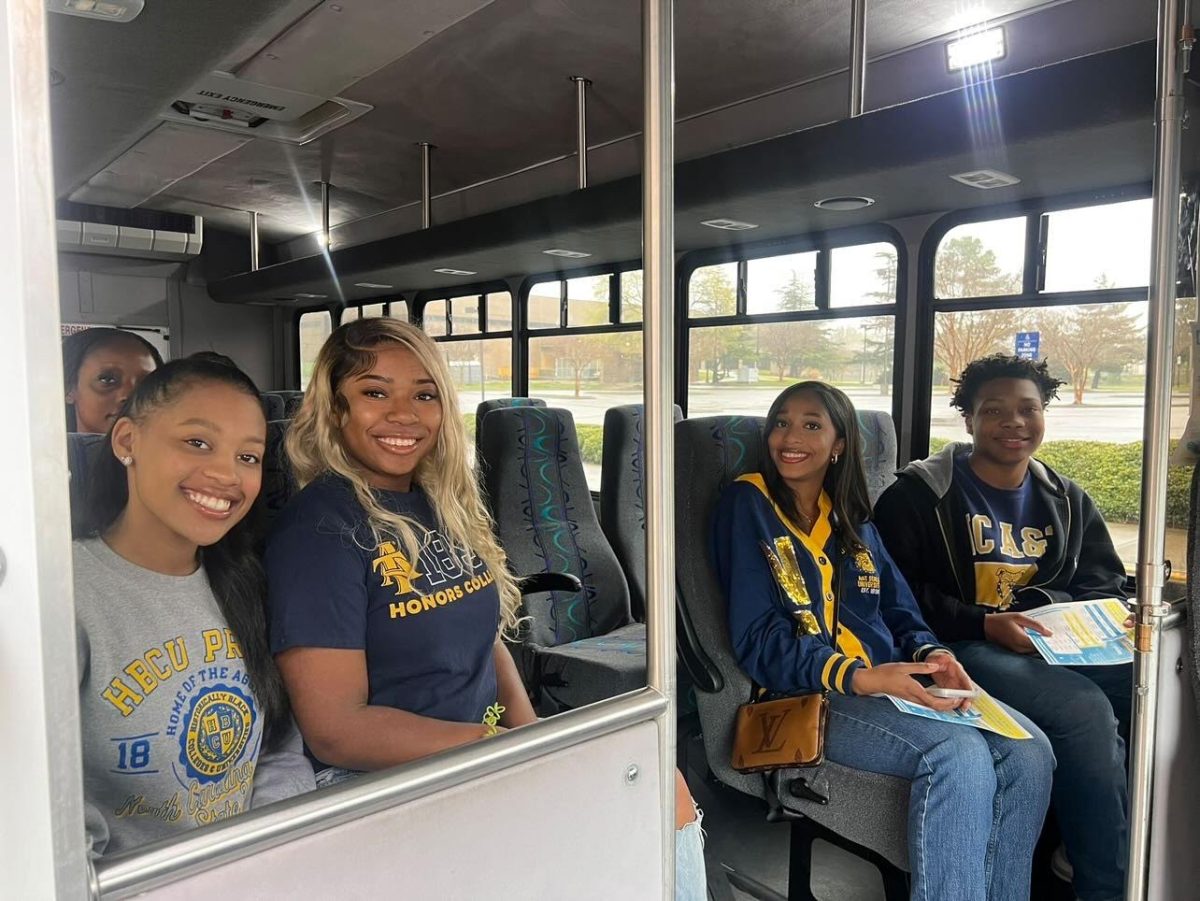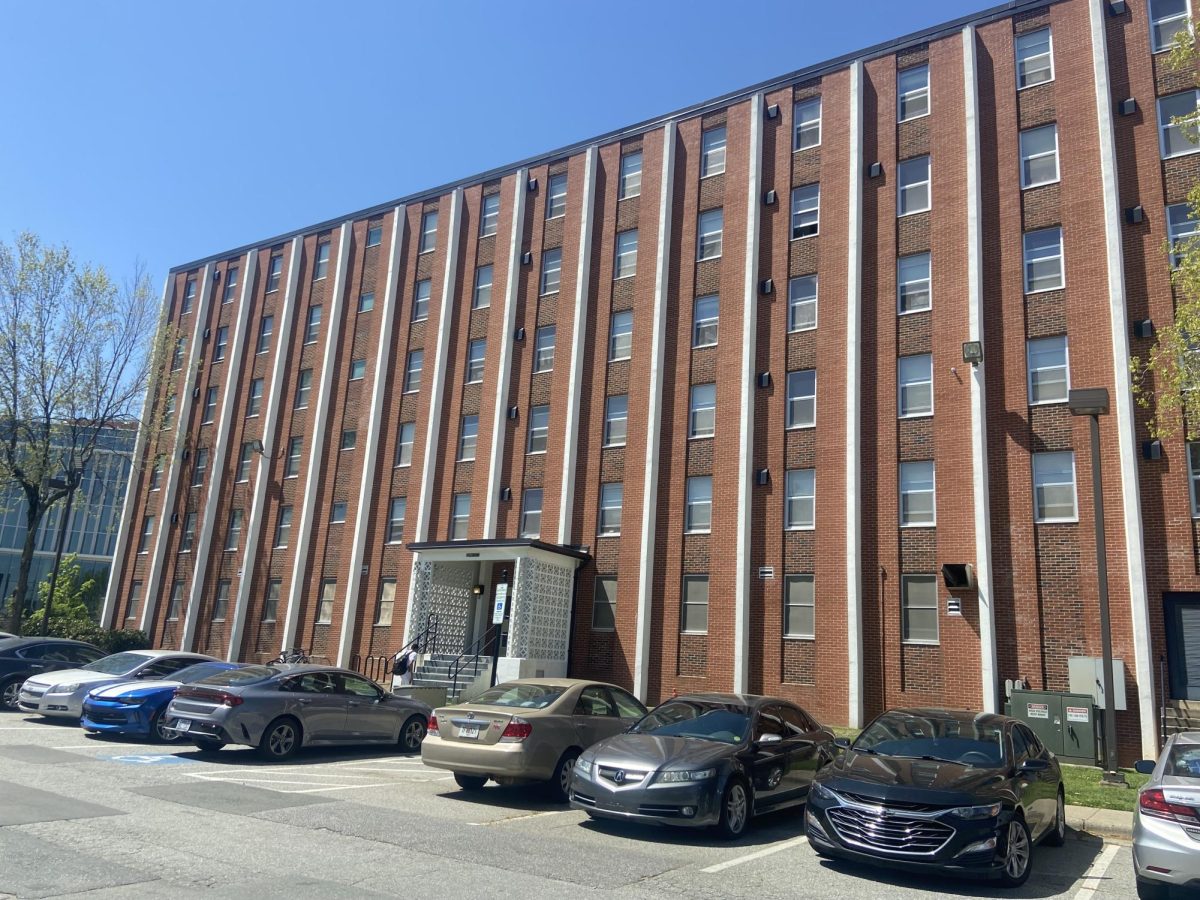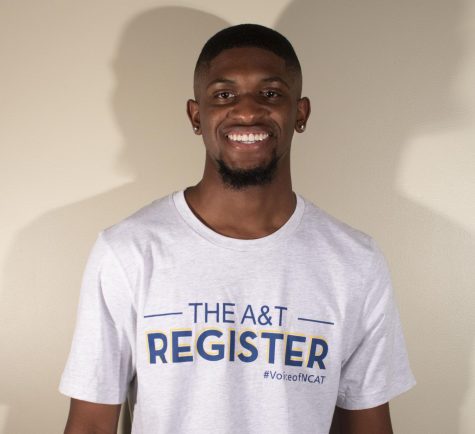
CHARLOTTE –The Coronavirus outbreak is showing different levels of fatigue physically and mentally on essential and non-essential workers everywhere during the quarantine.
During the quarantine for the pandemic commonly known as the Coronavirus, essential workers are showing fatigue as they work grueling hours and non-essential workers are experiencing restlessness while unemployed.
The standard definition of an essential worker is an employee who performs labor that involve human safety and the protection of property, per the 2013 Essential Services Act. Generally included in this population are health officials and providers, grocery store workers and farmers.
Not regarding the symptoms of COVID-19, the pandemic has provided another issue and that is another divide in society. That divide is not race or social class but the divide between who and what is deemed essential and non-essential.
Subsequently, workers deemed non-essential have been furloughed or fired from their positions altogether.
Lisa Hamilton, a pharmacist technician at Atrium Mercy Hospital said that being an essential worker has its pros and cons.
“The good part about being an essential worker is still having a job. Still being able to help people,” Hamilton said.
“The bad part is the hospital has 180 beds but we only have 50 people occupying them right now but we anticipate a surge,” Hamilton said. “I get enough rest now because I work 10-hour days but there is not much work to do, it is like the calm before the storm…Then there is the unknown of being exposed to COVID-19 itself or getting something else.”
The U.S. is currently sitting at a real unemployment rate of 23.9%, more than 2.1 million Americans filed initial unemployment claims last week, according to the U.S. Department of Labor. Bringing the total jobless claims since mid-March to a staggering 40.8 million.
Something that is also affecting the mental health of essential workers in the grocery store business are the customers themselves.
“They talk to you like they are crazy and that may be because they are scared,” Beverly Owens, an Harris Teeter employee said.
“Customers always talk to you as if you are beneath them before the pandemic but now that there is a pandemic they are really out of control. They make messes and do not even attempt to clean it up they just stare at you until you come over there. They do not even ask questions sometimes they just make demands.” Owens said. “Not to mention there are so many people who come in the store to hang out and talk or there are people who come to the store more almost every day and some people even come in the store and they do not wear masks or anything.”
This virus has caused not only the stoppage in work for businesses and sports but for schools too. Which has its own effects alone on students who are now in the house a lot more than they would usually be. Most schools moved to a virtual setting for the rest of the 2020 spring semester while some schools prematurely ended the semester.
Most kids were sent home sometime in mid-March as campuses closed their facilities indefinitely.
“It decreased my motivation to accomplish simple tasks and dramatically decreased my motivation for school,” Nakylah Carter a freshman at N.C. A&T said.
“It took a toll on my mental health making me feel fatigued and unexplainably sad sometimes and it is really affecting my eating habits,” Carter said. “ Not to mention a lot of us college students do not have rooms or any privacy when we go back home because our old room has been given away and used for something else.”
University of North Carolina System Interim President Bill Roper said he expects schools to reopen in the fall.
“Our plans will ensure that students and parents have the tools they need to stay fully engaged with their home institution, safely and with confidence,” Roper said.



